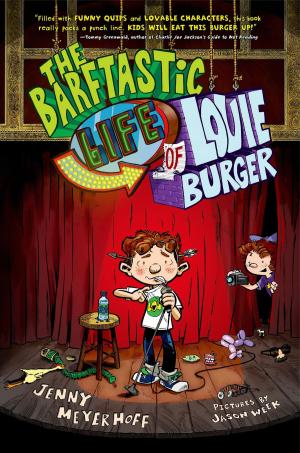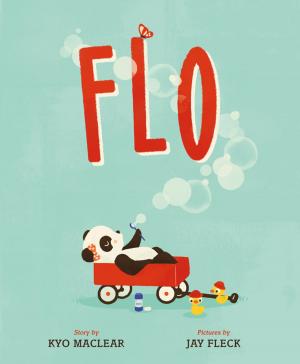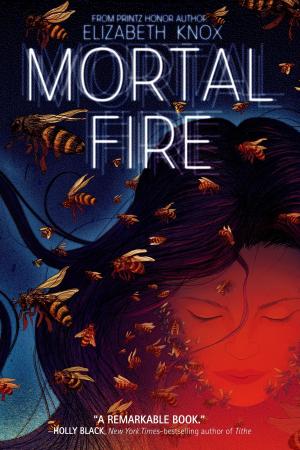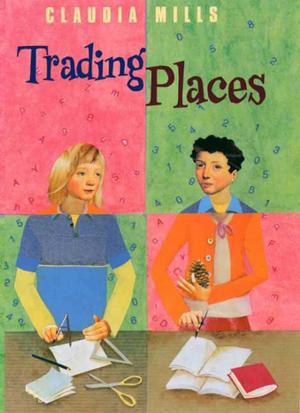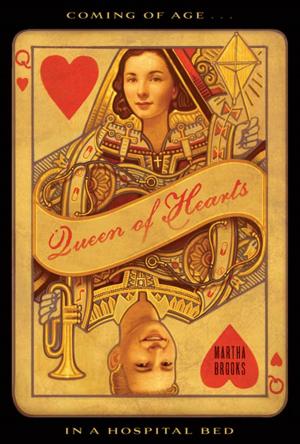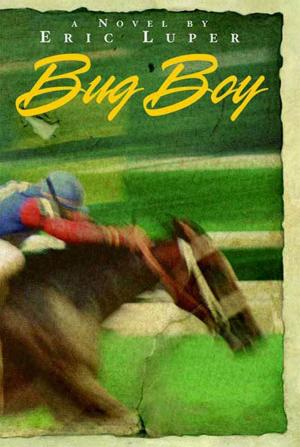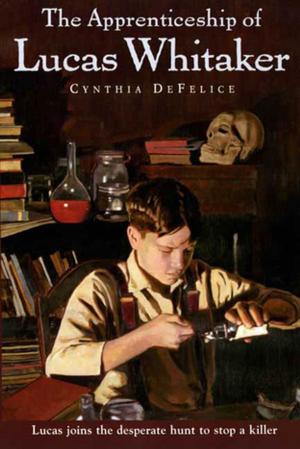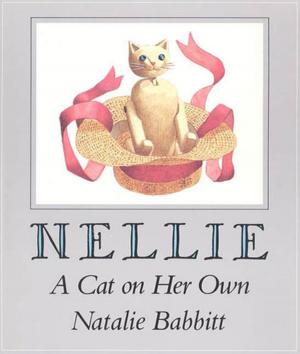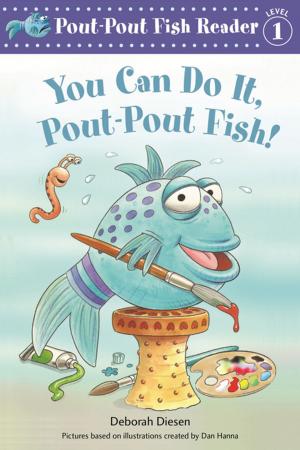Wild Horse Annie
Friend of the Mustangs
Kids, People and Places, Biography, Non-Fiction, Historical, Animals| Author: | Tracey Fern | ISBN: | 9781466898981 |
| Publisher: | Farrar, Straus and Giroux (BYR) | Publication: | February 19, 2019 |
| Imprint: | Farrar, Straus and Giroux (BYR) | Language: | English |
| Author: | Tracey Fern |
| ISBN: | 9781466898981 |
| Publisher: | Farrar, Straus and Giroux (BYR) |
| Publication: | February 19, 2019 |
| Imprint: | Farrar, Straus and Giroux (BYR) |
| Language: | English |
"Wild Horse Annie" was the nickname of Velma Bronn Johnston (1912–77), who loved mustangs all her life. When she saw mustangs being rounded up and killed to make room for ranchers' livestock, she knew she had to speak up. In 1950, she began writing letters to local newspapers and politicians, defending the horses' right to roam free.
Many people told Annie to hush up, but they couldn't stop her. She soon became a voice for mustangs throughout the state of Nevada, speaking on their behalf at town halls and meetings.
But Annie was only one person, and she wanted to do more. So she got children to speak up, too, by having them write letters to Washington, D.C., officials to ask them to save the mustangs. Finally, with the help of her young “pencil brigade,” Annie persuaded Congress to pass nationwide laws protecting wild horses and burros on public land nationwide.
Readers will find inspiration in author Tracey Fern and artist Steven Salerno's portrait of an early animal-rights advocate, who spoke up for what she believed in, and empowered a generation of children to be a voice for the voiceless.
"Wild Horse Annie" was the nickname of Velma Bronn Johnston (1912–77), who loved mustangs all her life. When she saw mustangs being rounded up and killed to make room for ranchers' livestock, she knew she had to speak up. In 1950, she began writing letters to local newspapers and politicians, defending the horses' right to roam free.
Many people told Annie to hush up, but they couldn't stop her. She soon became a voice for mustangs throughout the state of Nevada, speaking on their behalf at town halls and meetings.
But Annie was only one person, and she wanted to do more. So she got children to speak up, too, by having them write letters to Washington, D.C., officials to ask them to save the mustangs. Finally, with the help of her young “pencil brigade,” Annie persuaded Congress to pass nationwide laws protecting wild horses and burros on public land nationwide.
Readers will find inspiration in author Tracey Fern and artist Steven Salerno's portrait of an early animal-rights advocate, who spoke up for what she believed in, and empowered a generation of children to be a voice for the voiceless.


